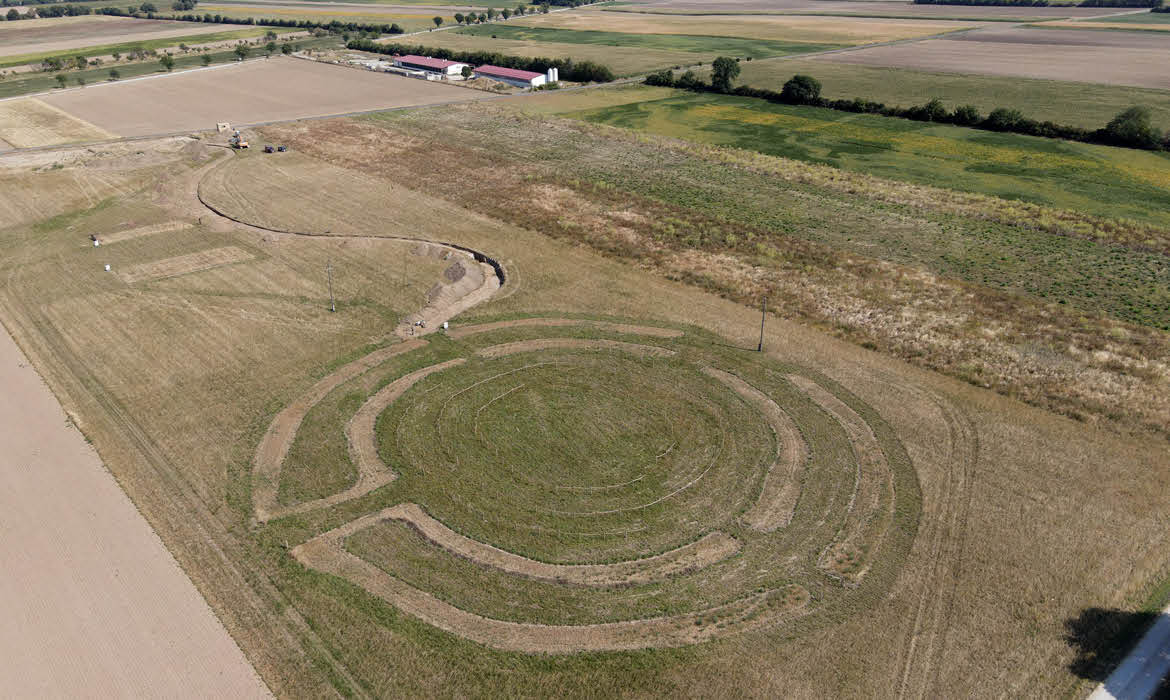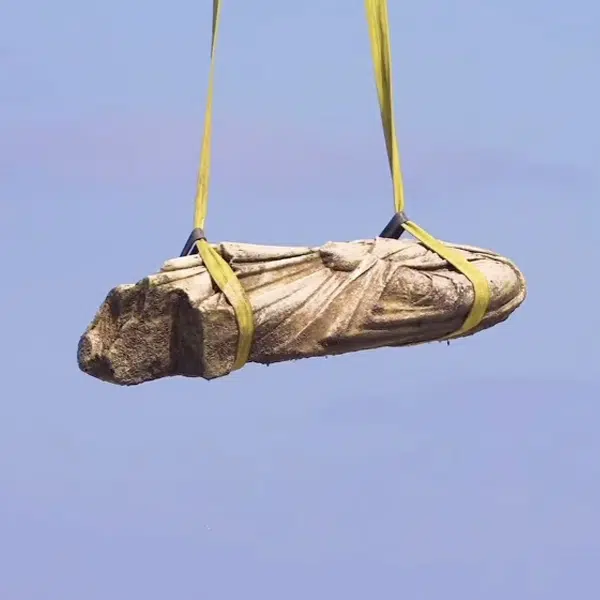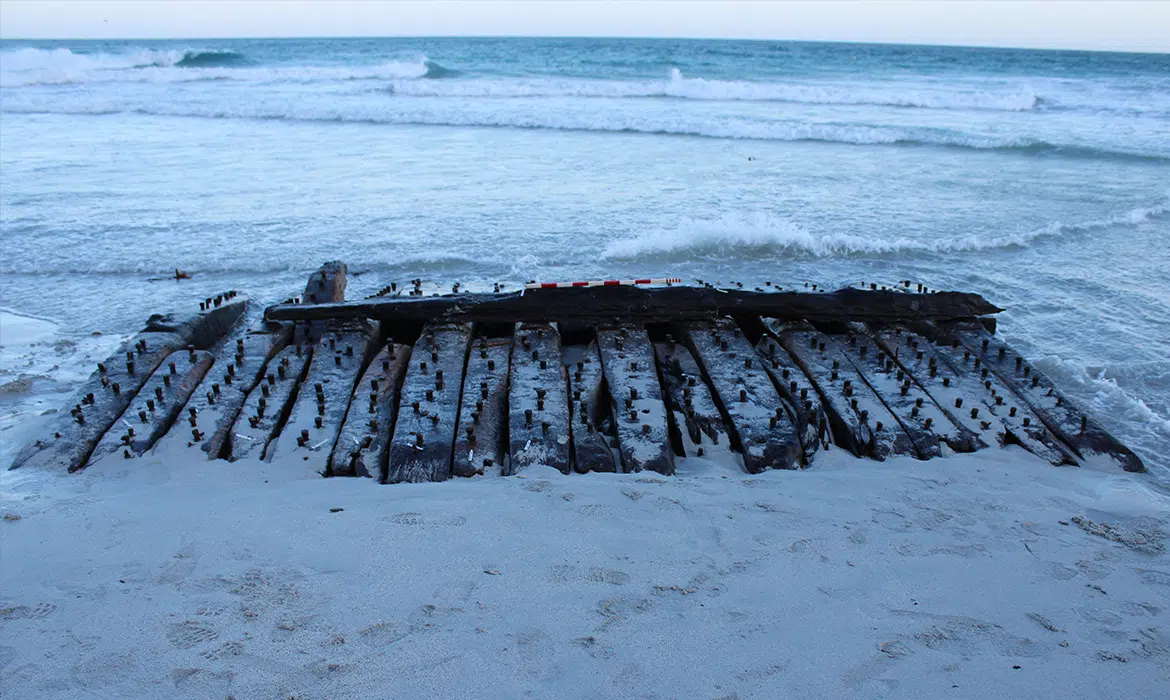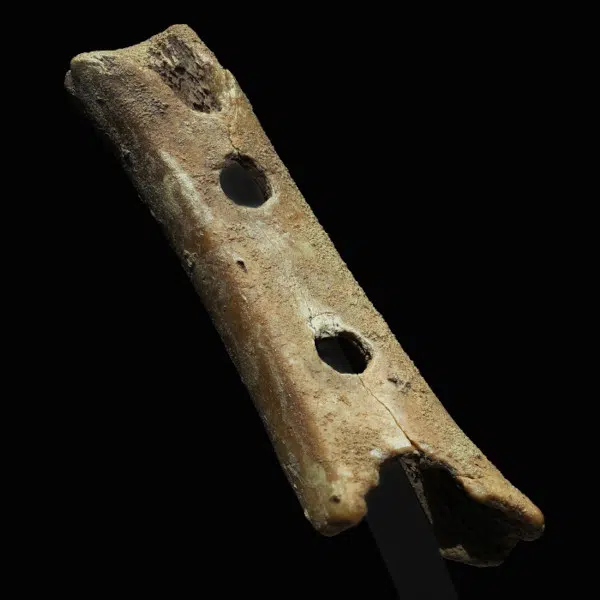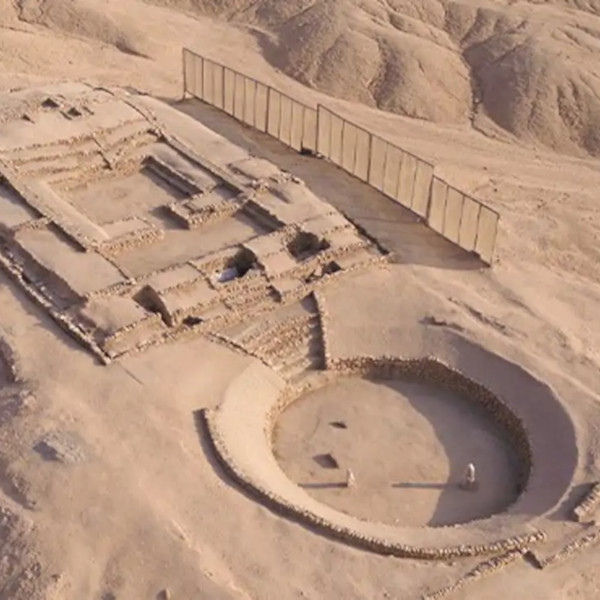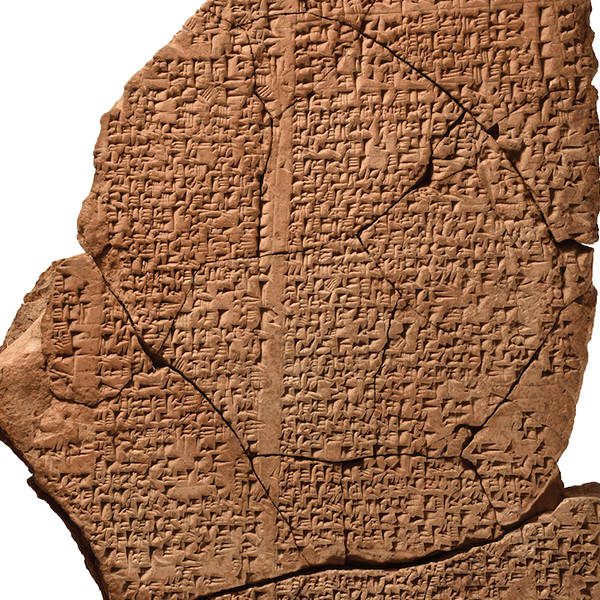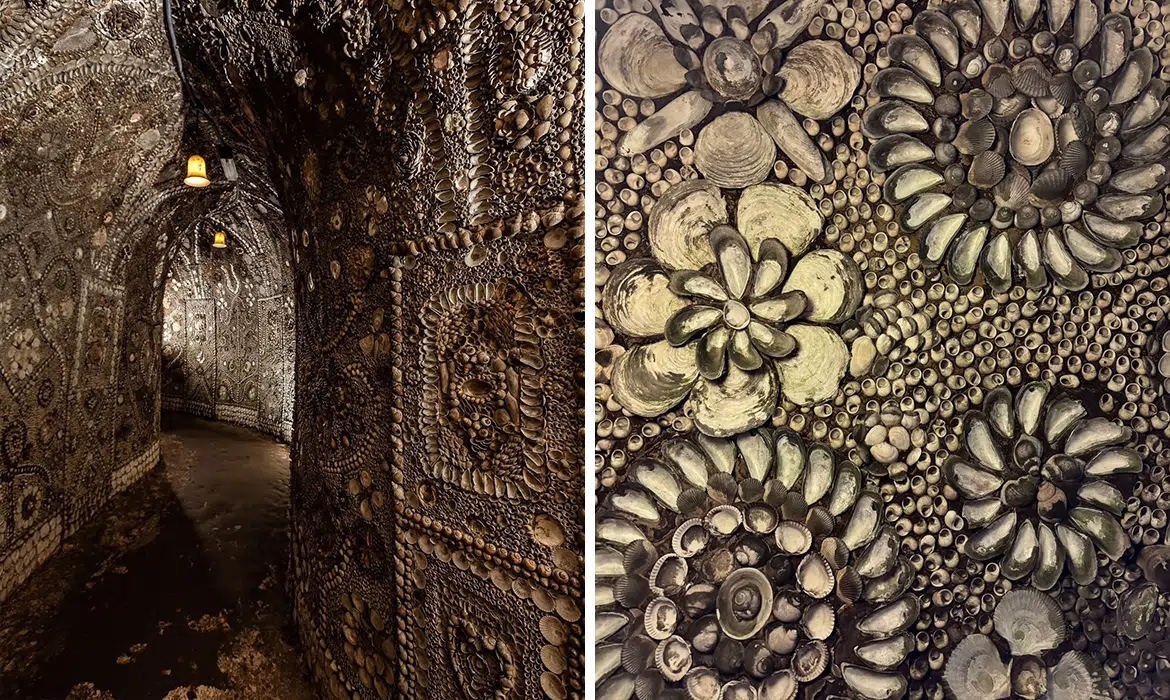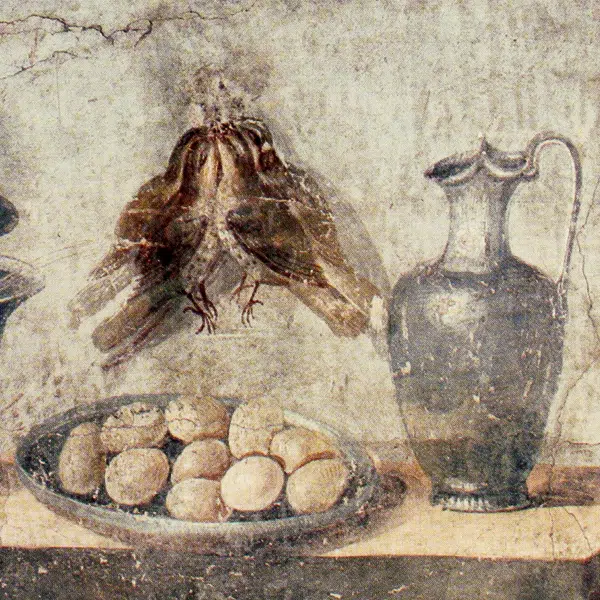Archeologists Discover Neolithic Earthworks That Are 2,000 Years Older Than Stonehenge
Several years ago, between 2011 and 2017, archeologists discovered something unexpected in Rechnitz, a small town nestled in Burgenland, Austria’s easternmost and least populous state. Aerial and geomagnetic surveys from the time revealed a series of concentric circles carved deep beneath the grass, raising questions about their origins. In September 2025, researchers finally completed their excavation of the site, unveiling monumental earthworks that are nearly 2,000 years older than the Pyramids of Giza and Stonehenge.
